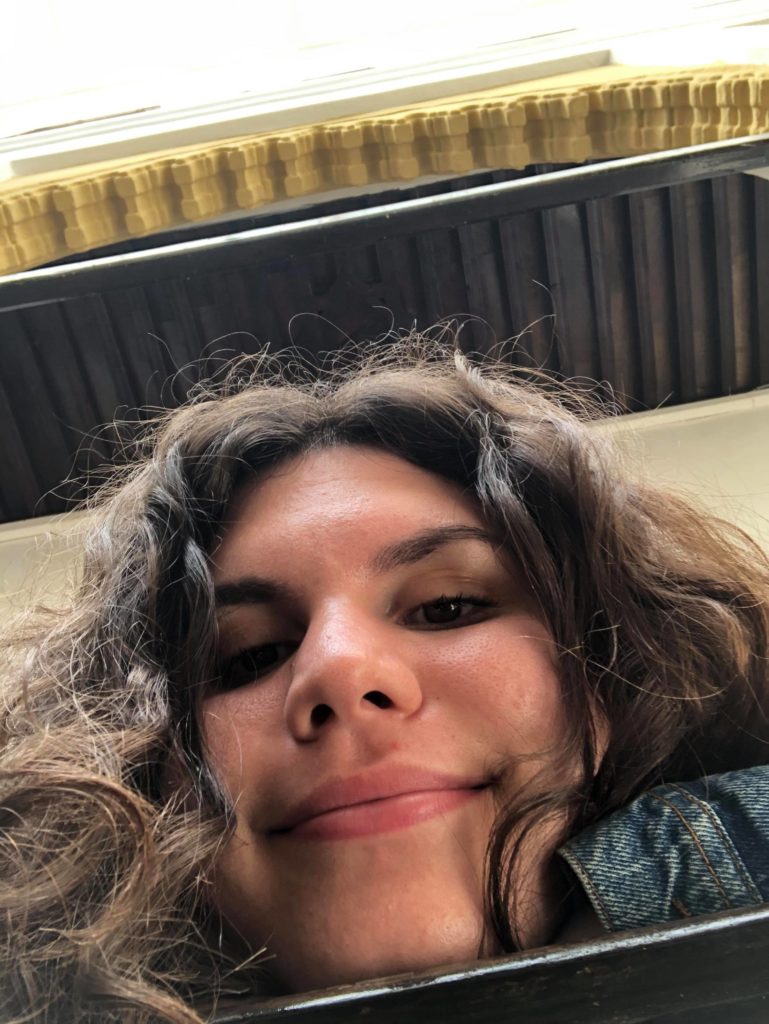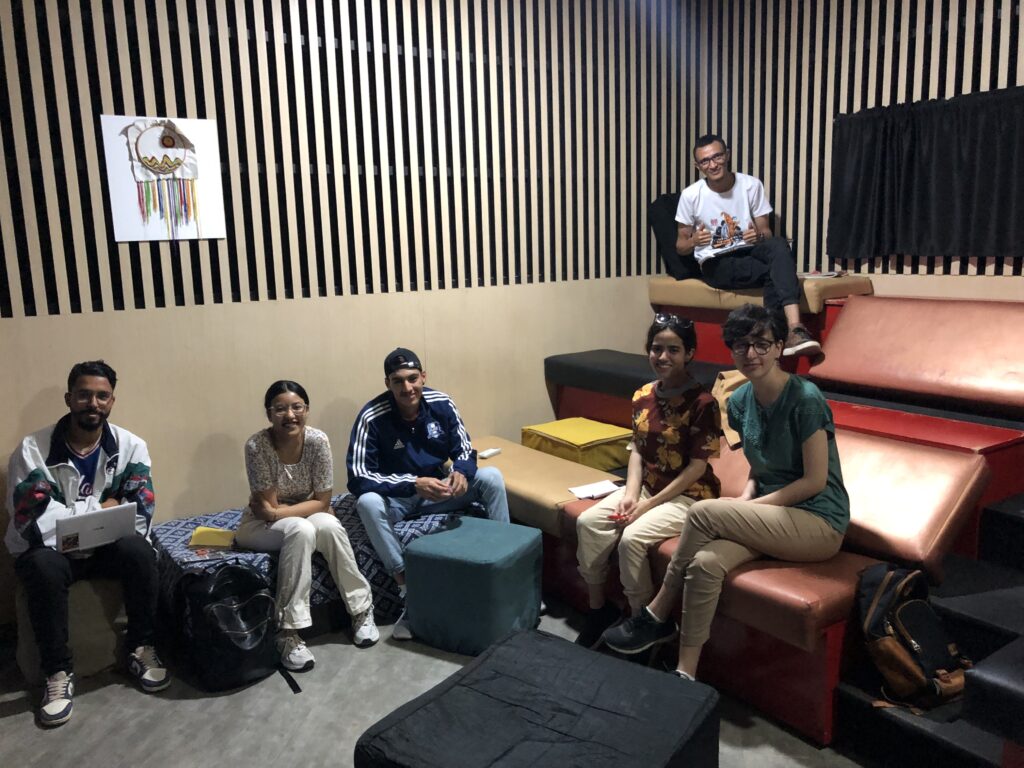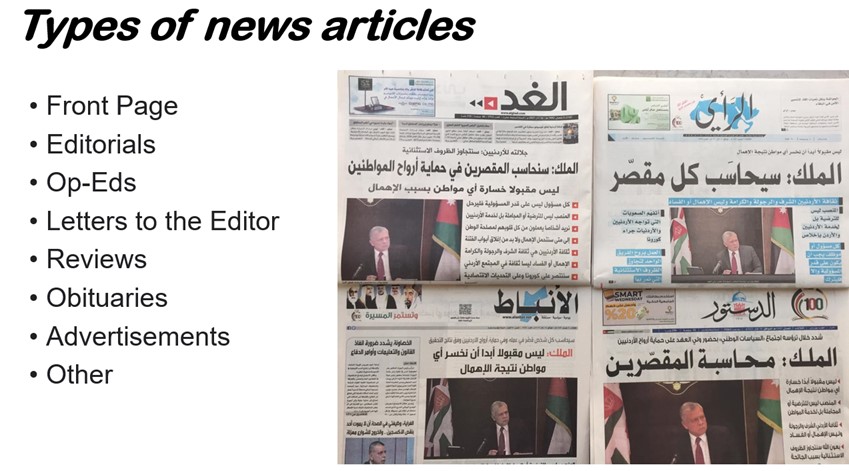Study abroad media experience inspires fellowship project in Morocco
July 11th, 2023 | Africa, Fellowships

By Nejra Kravic
Nejra Kravic is a 2022 Alice Rowan Swanson Fellow. Her fellowship project focused on media literacy in Morocco. Kravic is an alumna of the SIT 2020 program Morocco: Field Studies in Journalism and New Media.
I often found myself looking back at my time abroad through SIT, and while my experience was cut short due to the COVID-19 pandemic, it made me cherish the moments of pure exploration and learning that happened during that limited time, and that took place both inside of the classroom but also at coffee shops, restaurants, my host family's home, and in the great company of an array of wonderful people, including local journalists, activists, and Academic Director Daniel Bernard, who was a wonderful support system and a role model for all of us. I found myself seeking professional experiences that mimicked that same environment, challenging yet supportive.

Before coming to Morocco through the SIT program, I had a vague idea of what I saw myself doing for the rest of my life. My answers were as broad as saying that I wanted to do something in the media, but as a first-generation student and professional, I knew little of what that actually meant. I always knew I wanted to improve the lives of others. Learning about journalism and new media through SIT gave me the skills to do that, while the Alice Rowan Swanson Fellowship further solidified my decision and reignited a passion for helping others.
Reconnecting with the staff and participants of Connect Institute, my partner organization, felt incredibly rewarding. Marya Joudani, the program coordinator at Connect, noted during one of our first meetings that things have significantly changed since we visited their office in Agadir in early 2020. She found the work more challenging now as interest in their various informal educational programs has significantly dropped. Suspecting that many young Moroccans were now exclusively turning to their phones and computers for both socializing and getting information, my series of media literacy workshops seemed like a great fit at a perfect time.
I found myself seeking professional experiences that mimicked that same environment, challenging yet supportive.
As I wanted to keep things educational but still interactive and experiential, Marya and I worked on a curriculum comprised of sections that contained information and practical exercises. My first workshop covered the basics of anything and everything media, going over the modern media landscape and all its forms and iterations, including distinguishing between terms such as communication and communications.
I also covered issues of representation and confirmation bias and had the participants engage in a discussion on the meaning of truth. The last two workshops expanded on some of the ideas we previously covered, but were framed more around writing and self-expression, so that the participants could actually engage in the production of their own media, as opposed to just seeing themselves as consumers.

I think our most interesting discussion followed the screening of the first 15 minutes of Control Room, a 2004 documentary that examines Al Jazeera’s coverage of the Iraq invasion. It was fascinating to hear how young Moroccans felt about western media and its representation of communities across North Africa and the Middle East. We also spent some time analyzing various headlines and articles, looking for examples of media bias.
I looked forward to staying engaged with the participants through email in the following weeks afdter I assigned a short writing prompt. I was particularly excited when two of the participants asked for additional resources and reading recommendations, and I am currently working on compiling a list of media that everyone in the group can review as they wish.
This was an unbelievable, one-of-a-kind experience ...
Overall, this was an unbelievable, one-of-a-kind experience, and I think one made possible by SIT’s mission statement and a relentless commitment to social justice and global development.
Thank you again for this wonderful opportunity and a huge thank you to the Swanson family for commemorating the extraordinary life of their daughter through this fellowship. May her strong sense for justice and kindness live on.
The Alice Rowan Swanson Fellowship was established in 2009 by the family of SIT Study Abroad Nicaragua ’06 alumna Alice Rowan Swanson as a living tribute to Alice’s life, her passion for bridging cultures and helping others, and the role that SIT Study Abroad played in her life.
